
OR
Former foreign ministers, experts suggest submitting EPG report to govt unilaterally if Indian side chooses to disown it
Published On: August 5, 2023 08:00 AM NPT By: Republica | @RepublicaNepal
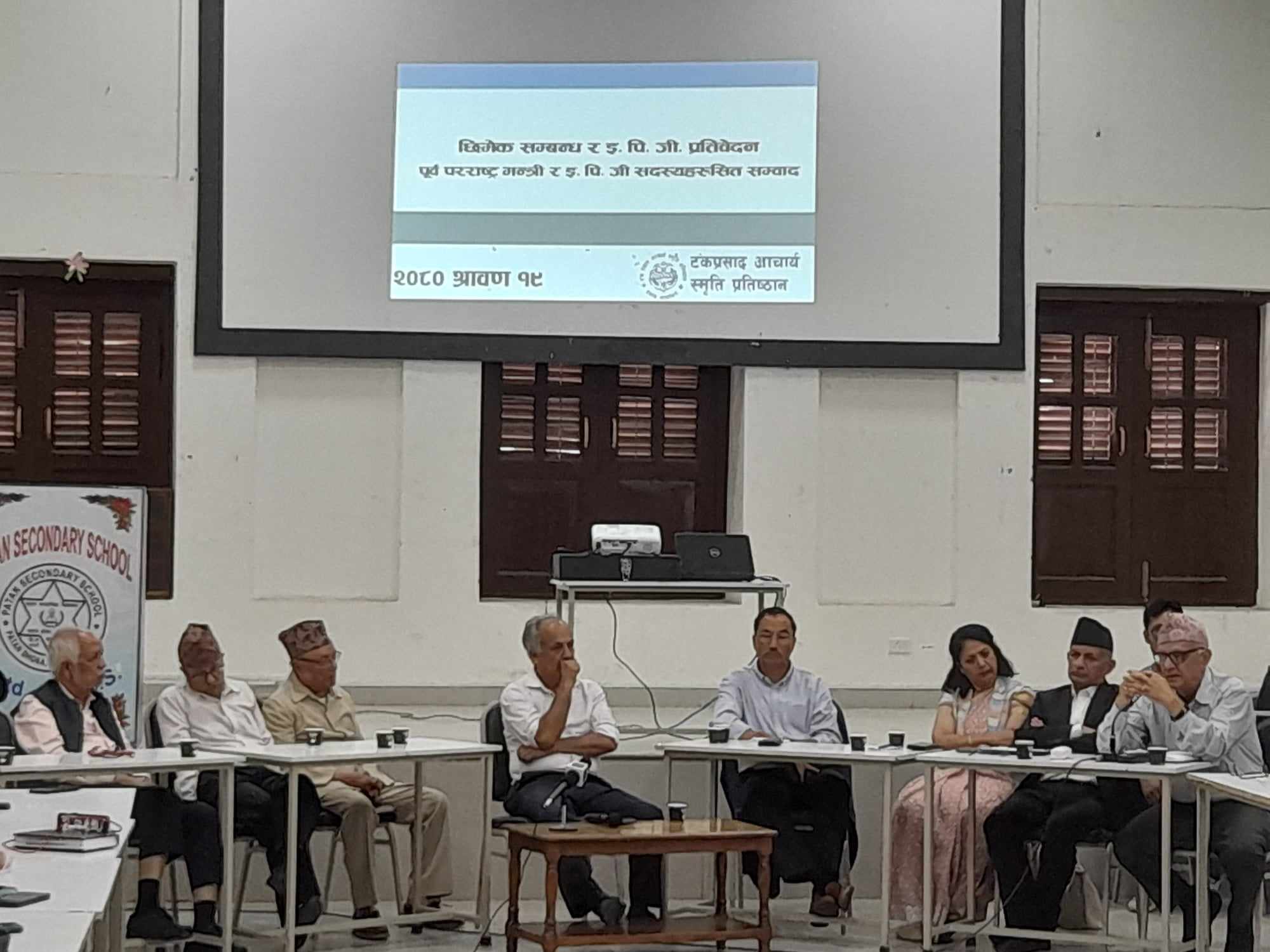
KATHMANDU, Aug 4: The final report prepared by the Eminent Persons Group (EPG) formed jointly by the governments of Nepal and India has been gathering dust for over five years now after the Indian side showed reluctance to receive the report that provides recommendations to improve bilateral relations between the two countries.
As there are concerns that the EPG report prepared after hard works of several months will never see lights of the day due to unwillingness of the Indian establishment to formally receive it as mentioned in the Terms of Reference (ToR) of the EPG, a fresh debate has begun as to what to do with the report. The EPG members were supposed to handover the report to their respective prime minister simultaneously as per the ToR.
Addressing a program organized by the Tanka Prasad Acharya Memorial Foundation in the capital on Thursday, former foreign ministers who were instrumental in the formation of the EPG said people deserve the right to know the recommendations of the report even if the Indian government does not want to receive the report and that Nepal should unilaterally take a decision to publicize it.
Former Deputy Prime Minister and Foreign Minister Kamal Thapa, who was one to take initiative to form the EPG, expressed surprise over the alleged unwillingness on the part of the Indian government to officially receive the report even as the recommendations made in it are not mandatory in themselves. "The EPG was constituted by the governments of both Nepal and India. If India does not want to receive the report, I would suggest EPG members from Nepal to submit the report to the government of Nepal at an appropriate time. There should be no further delay on this," he said.
Former Minister Thapa criticized the government for failing to create a conducive environment to submit the report that is very vital to review the relations between Nepal and India. "It was the idea of Nepal to form the EPG. Nepal should play a role to take this process to a logical end," he added. "It is up to the government whether to publicize it. But the EPG members should submit the report to the government without any further delay."
Addressing the program, several former foreign ministers criticized the remarks of Prime Minister Pushpa Kamal Dahal that he did not raise the issue of receiving the EPG report during his visit to India because that issue would potentially vitiate an environment of trust. They also criticized the government for failing to take necessary initiatives to take the EPG process to a logical end.
"The EPG was formed by the government. Is this not the responsibility of the government to receive the report? It has already been five years. Why is that not happening?" asked Nilambar Acharya, a member of the EPG from Nepal. "Our report is neither anti-Nepal, nor anti-India. The report has been prepared keeping in mind the interests of both Nepal and India."
Acharya, who also served as an ambassador of Nepal to India, argued that there is no point in India deciding to not receive the report. He said that all the recommendations made in the reports were made unanimously between the EPG members from both India and Nepal. "Our political leadership seems to have stopped even raising the issue of EPG these days. The remarks made by Prime Minister Dahal that raising the issue of EPG would vitiate the environment for talks with India is regrettable," he further said.
Another EPG member Dr Rajan Bhattarai said that the EPG was not just an academic work rather it was a product of intensive discussions and field works. He also said that the implementation of the recommendations made by the reports could help take the relations between Nepal and India to a new height. "If these kinds of obstacles surface in the implementation of the decision made by the prime ministers of the two countries, this raises a serious question about the state of our bilateral relations," he said.
Former Foreign Minister and member of National Assembly Dr Bimala Rai Paudyal argued that the two governments must find a way out to officially receive the report if it is not possible to receive the report at the level of prime minister. She further argued that the reports could be received by foreign ministers or foreign secretaries of the two countries. "The parliament can own the report and discuss it if the public demands it," she added.
EPG member Surya Nath Upadhyay argued that India had shown unwillingness to receive the report as there was a big gap between India's attitude towards Nepal and the aspirations of Nepal to redefine its relations with India in the changed context. He also attributed lack of unanimity among Nepali political actors on how they want to redefine the relations with India. "The honest implementation of the recommendations of EPG could benefit both the countries," he added.
Former Foreign Minister Dr Prakash Chandra Lohani argued that the relations between Nepal and India cannot be strengthened unless India transitions itself from its security umbrella doctrine to shared concerns and mutual benefit doctrine in case of Nepal. He argued that the reluctance of India to not receive the EPG report is a testimony to the fact that it wants to keep its relations with Nepal in status quo-- something Nepal is seeking to change.
Former Foreign Minister Pradeep Gywali argued that India’s unwillingness to receive the report could have stemmed from the feeling that there is no need to review its bilateral relations with Nepal. While arguing that there is no alternative to redefining Nepal-India to reflect the changed political reality, Gyawali suggested EPG members to seek Prime Minister Dahal’s official stance on the report and submit it accordingly. “There is no point waiting indefinitely to submit the report just because one side expresses its unwillingness to receive it,” he argued.
You May Like This
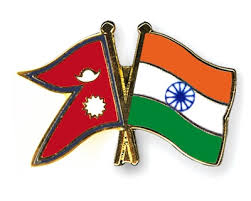
The EPG Report Conundrum
In the complex world of international relations, especially when it involves neighboring countries with shared histories, the importance of open... Read More...

Modi should receive EPG report ASAP
It has been almost five months since the Eminent Persons Group (EPG) of India has been trying to meet the... Read More...
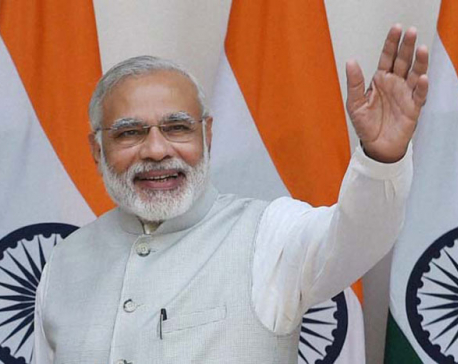
Nepal good friend of India: Deuba, India ready to support Nepal's development: Modi
NEW DELHI, Aug 24: Prime Minister Sher Bahadur Deuba, who is currently on a five-day state visit of India, said... Read More...
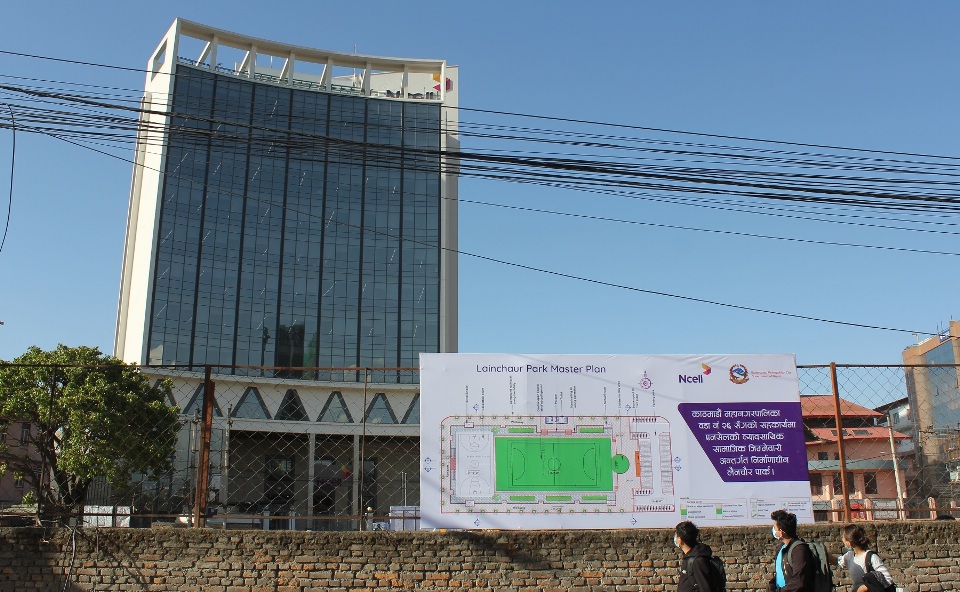
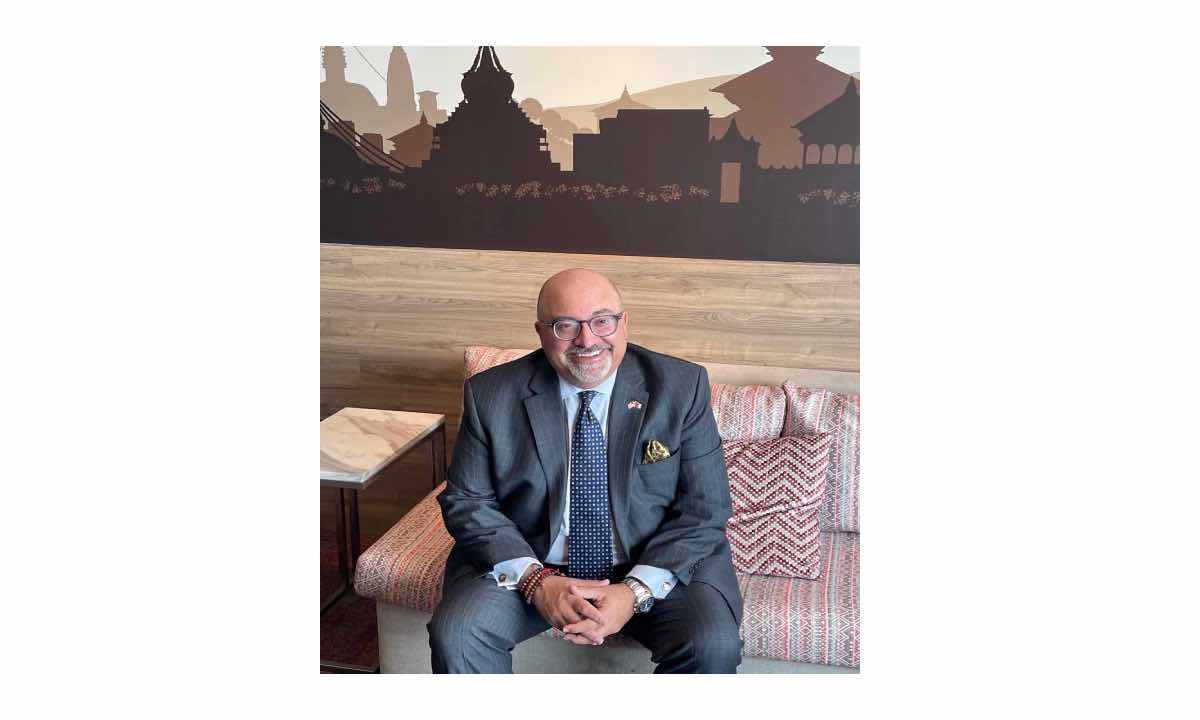
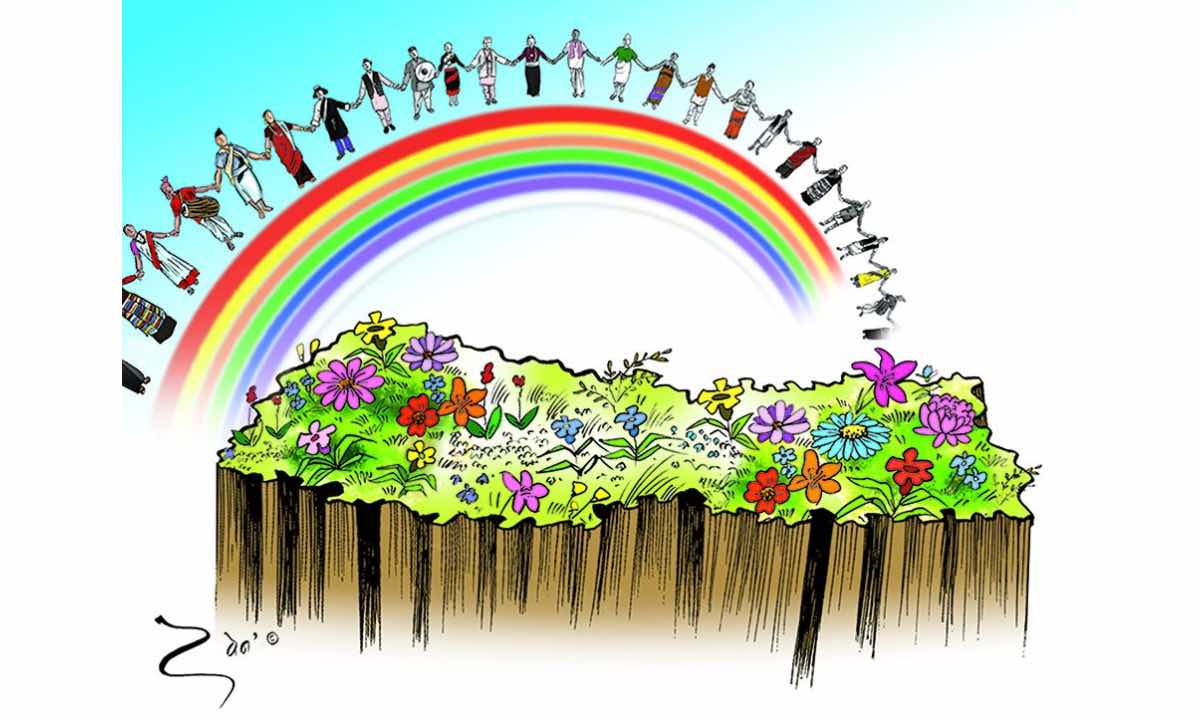

Just In
- T-20 series: Nepal playing second match against West Indies ‘A’ today
- Investing in Nepal: Challenges and Opportunities
- ‘Nepal should focus on ease and speed of doing business’
- Nepal received FDI of Rs 270 billion in the past three decades
- A Modest Call for a ‘Nepali-First Strategy’
- Nepal Investment Summit 2024: Private Sector's Voice
- Vote counting in Ilam-2 and Bajhang-1(a) to begin today
- Nepal Investment Summit-2024 kicks off today






-1200x560-wm_20240427144118.jpg)




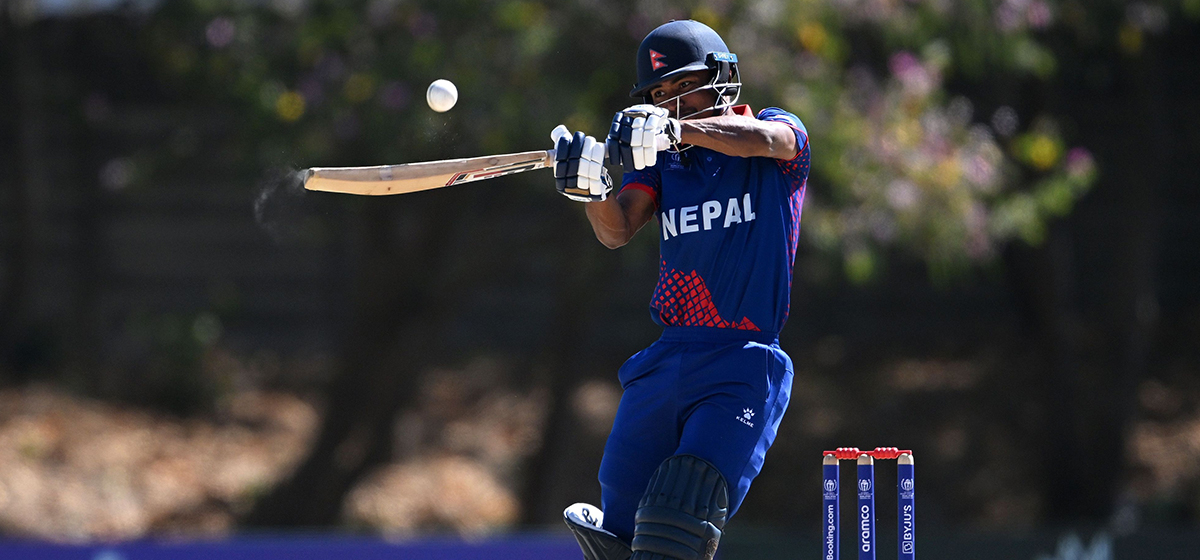

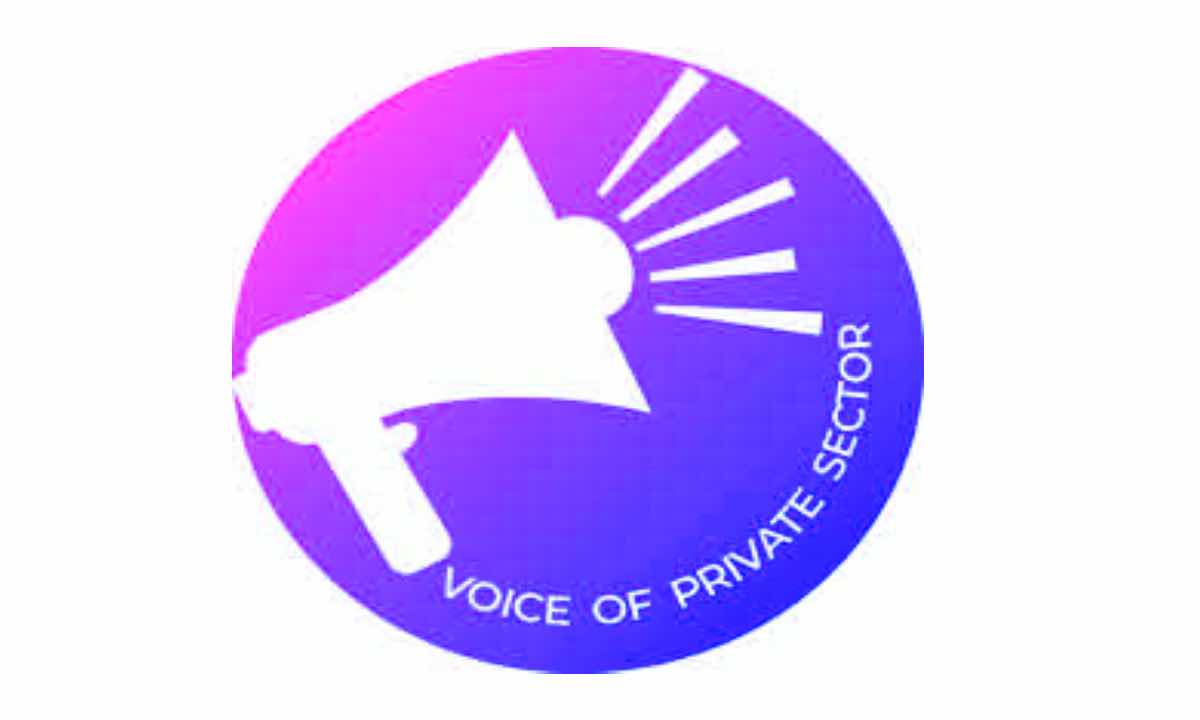
Leave A Comment